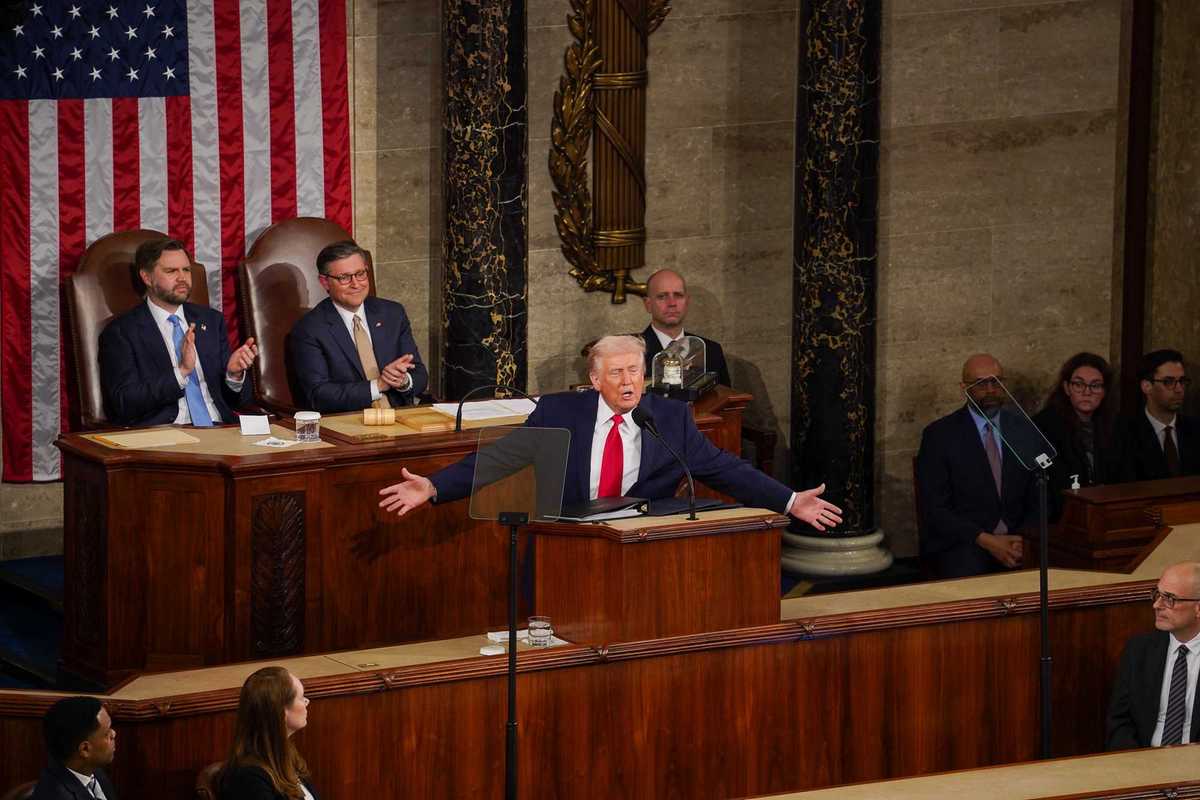Advocates for congressional term limits have an easy target: representatives and senators so easily reelected that they can elevate their own and their donors' interests above those of their voters. Adding to this worry over real or perceived self-interest, with or without actual corruption, is concern about our long-serving elected leaders' reduced capacities to govern as they age.
But the advocates – whether good-government reformers, conservative originalists, thoughtful independents, or combinations of the three – keep missing the bull's eye. And they miss by a decade or more. They anchor their proposals with a two-term limit in the Senate, which they should consider doubling if they want positive governing change.
Such 12-year limits have dominated congressional term-limit proposals ever since they began emerging in the latter half of the last century. The problem targeted decades ago was congressional "rigidity" or "inertia;" today it is swampiness. Now as well as then, such short limits would fail to fix the problem and would cause serious additional harm.
First, limiting congressional tenure to a dozen years would shift governing and policy expertise outside the institution; further empowering lobbyists and special interests would serve neither representational nor national interests. Second, such short tenures, combined with periodic partisan rotation of institutional control, would weaken the legislative branch internally and diminish its ability to check the executive branch. (There are additional drawbacks as well.)
So where does the real tenure problem lie? With the long-serving veterans who choose not to leave. Their extended service constrains the institution's succession pathways and, more frequently than anyone likes to acknowledge, produces less skilled governance. Limits of four Senate terms would address both challenges.
We must first deflate the notion of citizen legislators, who serve the nation briefly before returning to their states to continue their careers. This was the norm before the Civil War, when 40% of Representatives would not run for reelection after any given Congress. The 20 th Century, particularly after WWII, saw the importance of the federal government grow and careers in Washington become attractive. Since 1900, the share of members not running for reelection averaged just 11.5%.
But such careerism is not the problem. The country's development and the nature of its challenges require that national effort and expertise be deployed. Rather, it is the unwillingness of senior members to relinquish power.
By the end of the 19 th Century, only nine people elected to Congress had ever served 30 years or more; at the start of the 21 st Century, fully 5% and then 6% of the institution – 28 members in 2007, rising to 34 in 2009 – was made up of 30+-year veterans. Today, seven percent of Senators have reached the three-decade threshold and the average age of all Senators is over 64, the highest ever.
What's wrong with such long tenures and the Senators' correspondingly advanced ages? First, less-than-capable leadership does become more common. Recall your reaction to seeing eight-term Senator Patrick Leahy preside over the second Trump impeachment trial, or the contributions of now seven-term Senator Charles Grassley or six-termer Diane Feinstein during the Judiciary Committee's last two confirmation hearings for Supreme Court justices. Second, our more senior members of Congress can be a bit out of touch; think of their questions about Facebook's operation during Mark Zuckerberg's testimony in 2018.
Third, and perhaps most importantly, such senior senators block the ascension of three- and four-term colleagues who are fully capable of leading the body. A two-term limit in the Senate would only penalize the now ready, able, and too-long waiting senators who have no path through the logjam at the top.
The challenge in the House is similar, where Representatives Pelosi (serving her 18 th term), Hoyer (his 20 th) and Clyburn (15 th) have sat atop the Democratic leadership for nearly two decades (since 2003). You need not oppose their reign to ask if others could run the institution. Chris Van Hollen, for example, was serving his seventh term in the House in 2015 and, an already-risen star, could have become Speaker after Pelosi. But his blocked path made his choice to mount an ultimately successful run for the Senate easier, a genuine loss for the House (notwithstanding its gain of Jamie Raskin, his successor).
Hence my call for term limits of more than two decades' service, e.g., four terms in the Senate and 10 to 12 in the House. Such limits need vetting, of course; perhaps three or even five terms would work in the Senate, or, as advocated by Rep. Bill Frenzel fifty years ago, nine terms in the House. Only passing consideration need be given to limits instead on party leadership positions, since they would do nothing about long tenures' other problems and would remain comparatively easy to change – by self-interested veteran legislators. As for exceptions for future lions of the Senate, like the nine-term Ted Kennedy, very few could be allowed if necessary politically, but they could be considered later in the review process.
The key is to get off the two-Senate-term mistake promoted by the Congressional Term Limit Caucus, presidential candidates from Donald Trump in 2016 to Beto O'Rourke and Tom Steyer in 2020, or Senator Ted Cruz earlier this year.
The tangible benefits of a Congress made less sclerotic by longer term limits aren't easy to entertain when so many immediate election reform challenges command our attention. Additionally, there is the question of whether they are worth the effort to amend the Constitution, which imposing any term limit would require.
But our core electoral structure is eroding and, like your favorite underappreciated bridge or critical pipe, needs repair if not replacement. Vetting and debating longer term limits would get us one step closer to addressing this foundational issue, which, whether in years or decades, will demand our attention and action.




















